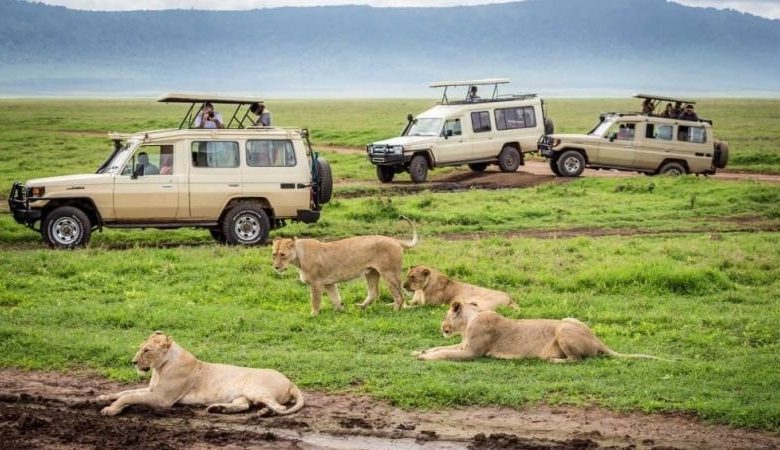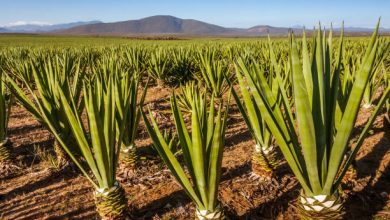National pride starts with national discovery

AS Tanzania joined the rest of the world to mark World Tourism Day, the country has every reason to be proud. According to the 2024 UN Tourism Report, Tanzania ranks among the world’s top 20 bestperforming nations in the tourism sector.
More notably, it leads the African continent in post-COVID-19 tourism growth, with an impressive increase of 48 per cent. This growth has not been accidental. It reflects deliberate strategies by the government and key stakeholders, including enhanced infrastructure, international promotion campaigns, strategic partnerships and the preservation of natural and cultural heritage.
At a glance, tourism revenue has tripled from 1.3 billion USD in 2021 to 3.9 billion USD in 2024. Total visitor numbers that is both domestic and international have exceeded 5.3 million, showcasing the sector’s central role in Tanzania’s economic transformation.
However, while the world increasingly recognises Tanzania’s value, many Tanzanians have yet to experience the beauty and significance of their own country.
ALSO READ: EACOP pipeline brings gains to Kiteto, says DC
Foreigners travel across continents to witness the Serengeti migration, to explore the depths of Ngorongoro Crater, to walk through the historical streets of Bagamoyo and to dive into the marine richness of islands like Chumbe.
Yet for many citizens, these treasures remain distant or unexplored. This reality presents a challenge, but also a significant opportunity. Domestic tourism is not just a leisure activity; it is a national responsibility.
For a country to fully protect and benefit from its heritage, its people must understand and experience it firsthand. Tourism is a key pillar for education, cultural preservation, economic development and national pride.
The more Tanzanians visit these sites, the stronger the case for maintaining and improving them becomes. The growth in domestic tourism that is from 788,933 in 2021 to over 3.2 million in 2024 is encouraging. But considering the population of over 60 million, it is clear that much more can be done.
The participation of Tanzanians in local tourism should not be the exception; it should become the norm. To achieve this, there must be a collective effort.
Public institutions, schools, civil society and the private sector should promote local travel as part of civic engagement and personal development. Tourism campaigns should actively target local audiences and affordable access to sites of national significance must be prioritised.
Educational tours for students, discounted packages for residents and increased awareness of lesser-known destinations can make a meaningful impact.
Furthermore, initiatives such as The Royal Tour and Amazing Tanzania have significantly raised the country’s international profile. These efforts should be complemented with equally strong campaigns encouraging local tourism. Tanzanians should not only be observers of global recognition but also active participants in experiencing what the world comes to see. As we celebrate this year’s theme, “Tourism and Sustainable Transformation,” the message is clear: transformation must begin with us. Tanzanians must lead by example, not only as custodians of our heritage but also as its most committed ambassadors.





